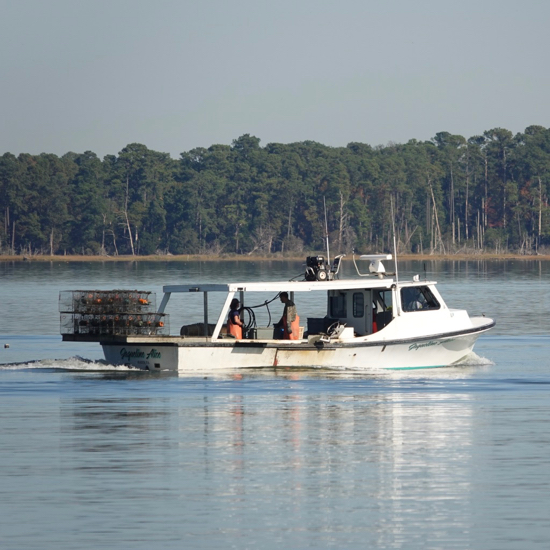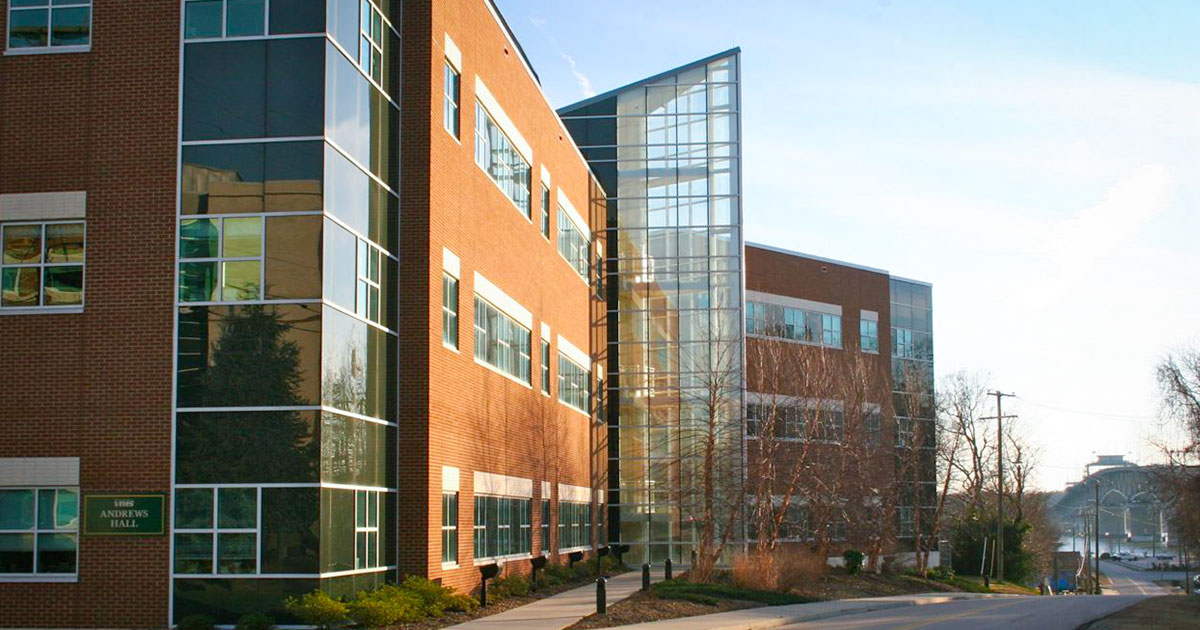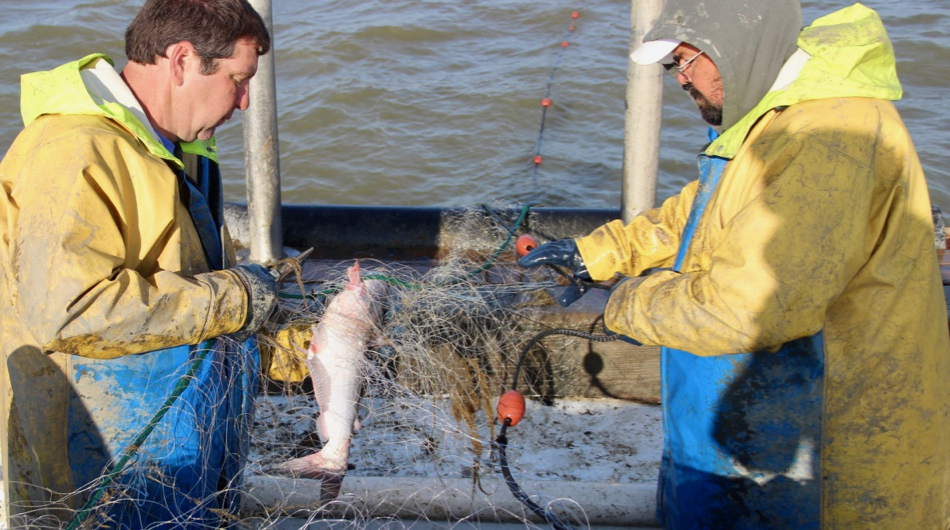VIMS now accepting proposals for Fishery Resource Grant Program
Proposals for the 2022-2023 cycle will be accepted until January 14, 2022
The Marine Advisory Program at the Virginia Institute of Marine Science is now accepting applications from commercial interests to compete for funding as part of the Virginia Fishery Resource Grant Program.
VIMS will host two workshops to explain the “VFRGP,” including eligibility and funding priorities, how to complete the application form, and where to turn for help in developing a grant-proposal package. The first workshop will take place on Monday, December 6 from 5:30-7:30 pm in Davis Hall on VIMS’ main campus at Gloucester Point. A second workshop will be offered on Tuesday, December 7 from 5:30-7:30 pm in Seaside Hall on VIMS’ Eastern Shore Laboratory in Wachapreague.
The Virginia Legislature created the VFRGP in 1999 to protect and enhance the Commonwealth’s coastal fishery resource through the awarding of grants in four areas: 1) new marine fisheries equipment or gear; 2) environmental pilot studies on issues including water quality and fisheries habitat; 3) aquaculture or mariculture of marine-dependent species; and 4) seafood technology.
To date, the program has supported 138 projects from Virginia’s commercial fishermen. VIMS coordinates the VFRGP in partnership with the Virginia Sea Grant Marine Extension Program, and operates with the aid of a VFRGP Advisory Board.
 A basic principle of the VFRGP is that people in the industry regularly have valid ideas for enhancing and protecting fisheries, but may lack the financial resources to experiment with innovations. The VFRGP invests in ideas generated by the fishing public through fair and competitive methods.
A basic principle of the VFRGP is that people in the industry regularly have valid ideas for enhancing and protecting fisheries, but may lack the financial resources to experiment with innovations. The VFRGP invests in ideas generated by the fishing public through fair and competitive methods.
Specific priorities within the four topic areas have been approved by the VFRGP Advisory Board as described below. All proposals submitted within the limits of the Guidelines for Submission will be accepted and reviewed for technical merit and the ability to address one or more of the specified priorities.
New Fisheries Equipment and Gear
This priority area seeks proposals that focus on ways to develop environmentally friendly fishing methods to reduce bycatch, improve gear selectivity, and handle catch more effectively; and to generate information to inform fishery management plans for key species and groups.
Environmental Pilot Studies
This priority area seeks proposals that focus on ways to restore damaged habitat, create new habitat, prevent habitat impairment, or reduce impact from fishing or aquaculture activities.
Aquaculture/Mariculture
This priority area seeks proposals that focus on ways to develop criteria and assessment for permits, increase return from investment in culture activities, or introduce new species to the existing aquaculture list to broaden the participation in commercial aquaculture.
Seafood Technology and Utilization
This priority area seeks proposals that develop value-added products from existing production, encourage the use of underused or new fishery resources, create models for total-quality system management programs, or increase returns in the seafood industry by improving packaging and handling.


